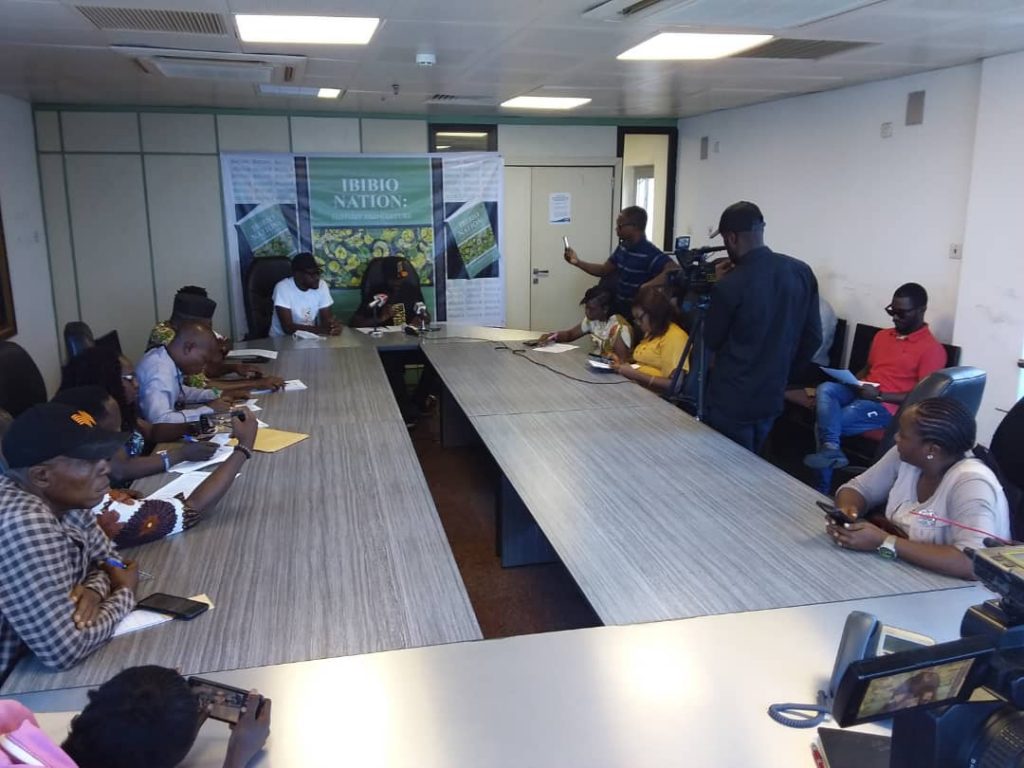Akpan Umoh, Uyo
Mr Oto-Obong Uwah, in his book, Ibibio Nation: History and Culture has urged ethnic nationalities, especially the Ibibio Nation to preserve their history and culture to avoid being in the extinction of a human race.
Mr Ottoabasi Abasiekong, Director of Ibom Heritage, who spoke on behalf of the Author said in a press conference in Uyo on Friday to inform the public of the official launch of the book, “Ibibio Nation: History and Culture.”
Abasiekong said the book is made up of two sections and 10 chapters with forwarding written by renowned Professor of Cultural Anthropology and Culture, Prof. Ekong Ekong, espoused the reality of the interesting culture of the Ibibio nation.
He said the book seeks to encourage the Ibibios to embrace their culture, unite as a people and reposition herself on the global map.
He said the book traced the origin and relationship of the Ibibio with her neighbours, the Aro, and also a historical connection between the Ibibio and the Efik.
“Today is the day we restate the importance of culture and anthropological studies in the preservation of human races and in more specific terms, the African race.
“The Nigerian nations will move past its social cohesion challenges only when it intentionally references history and learns from it.
“Today marks the beginning of a journey back in time as we hope to use the book, Ibibio Nation: History and Culture to deeply enshrine a sense of identity and nationhood in the minds of every Ibibio son and daughter and to enlighten Nigerians that propagating a prosperous future is rooted in the culture of self-knowledge and preservation,” he said.
He said the book is written in a language that attempts to satisfy the yearnings of many Ibibio men and women to aid the correct reading and understanding of the language.
According to him, the book would remind the people of the 100 years of Ibibio history that are relevant today.
He said the book would add to the resource materials available to students in the tertiary institutions to aid others to properly situate the Ibibio story and its relevance to nation-building.

